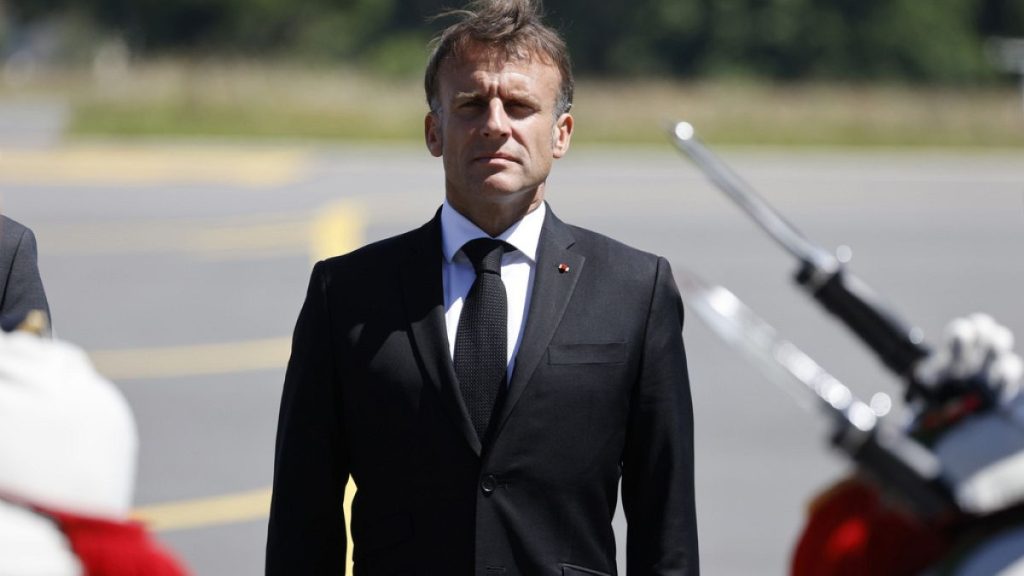French President Emmanuel Macron dissolved the National Assembly and called for early parliamentary elections after his Renaissance party lost to the far-right National Rally in the European elections. The French are now expected to return to the polls on June 30 and July 7. Macron, who had called for blocking the far-right, felt compelled to act decisively in light of the election results. Analysts believe that Macron’s decision to dissolve the National Assembly was a strategic move to avoid weakness, instability, and political uncertainty for the next three years. The European election results had immediate consequences on the national political scene in France, with the focus shifting to national issues and intense scrutiny on the president during the campaign.
The European election loss has raised concerns about Macron’s ability to influence the European agenda if his political standing in France diminishes. The upcoming early parliamentary elections will be crucial for Macron to establish a clear choice for voters in response to the rise of the far-right in France. The new electoral schedule in France is not expected to disrupt appointments to European institution positions. With a European Council meeting scheduled for the end of June and the appointment of the President of the European Commission set for July, Macron’s decision to call for early parliamentary elections is seen as a strategic move to maintain stability and influence in both national and European politics.
Analyst Éric Maurice from the Centre for European Policy Studies emphasized the importance of Macron’s decision to dissolve the National Assembly and call for early parliamentary elections in response to the European election results. He believes that a clear choice is needed for France’s political future, and that a far-right majority would pose a problem for both France and the European Union. The intense focus on Macron during the European election campaign has highlighted the significant impact of the election results on the national political scene in France, with potential ramifications for the president’s influence in European politics.
The upcoming early parliamentary elections in France will be closely watched as Macron seeks to establish a clear choice for voters and address the rise of the far-right in the country. With the European Council meeting and the appointment of the President of the European Commission looming in June and July, Macron’s decision to dissolve the National Assembly is seen as a strategic move to maintain stability and influence in both national and European politics. The outcome of the early parliamentary elections will determine the future trajectory of French politics and Macron’s standing in Europe, with potential implications for the broader European agenda.
Overall, Macron’s decision to dissolve the National Assembly and call for early parliamentary elections reflects the immediate consequences of the European election results on the French political landscape. The focus on national issues and the intense scrutiny on Macron during the European election campaign have set the stage for a critical juncture in French politics. Analysts emphasize the importance of establishing a clear choice for voters in response to the rise of the far-right in France, with potential implications for Macron’s influence in European politics. The upcoming early parliamentary elections will be a key moment for Macron to shape the future of French politics and maintain stability and influence in both national and European contexts.












